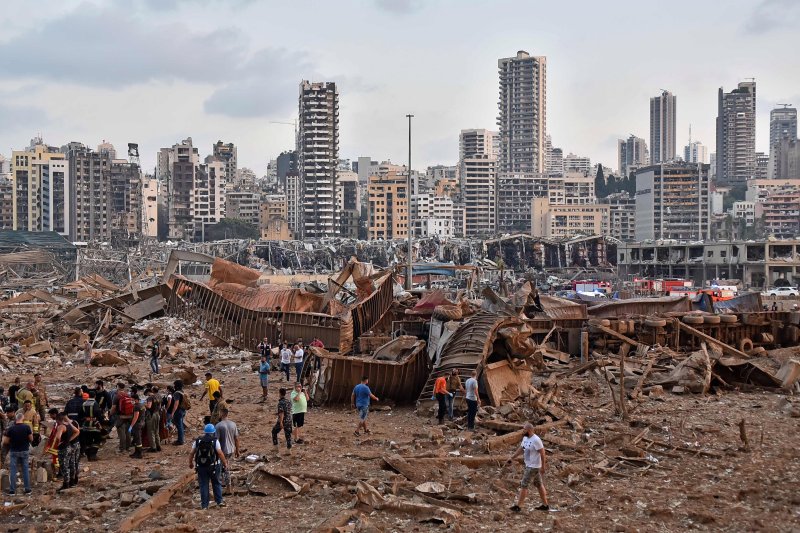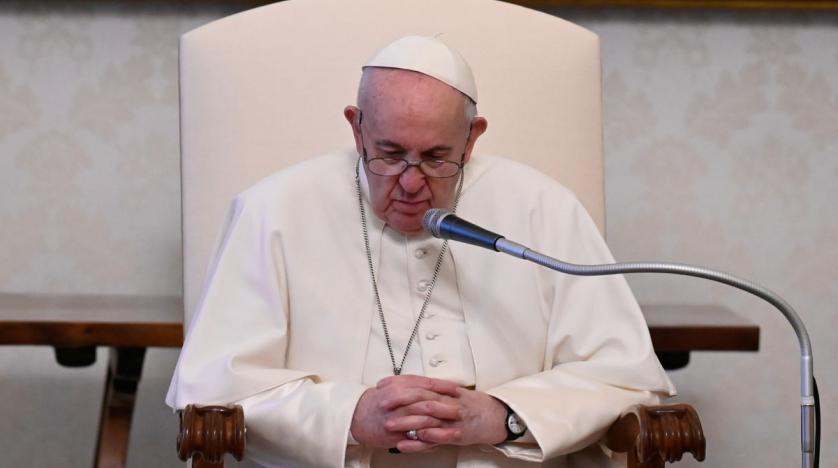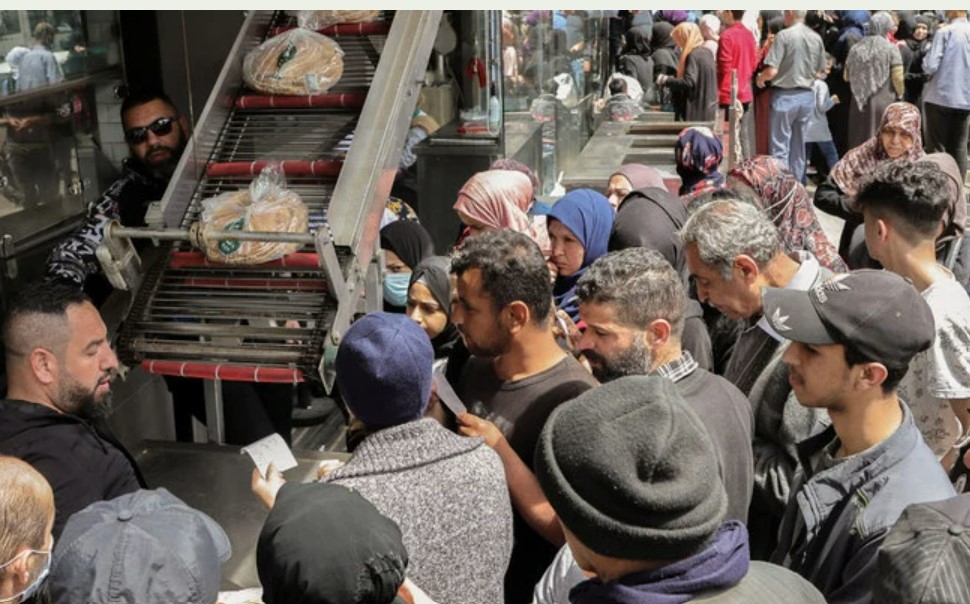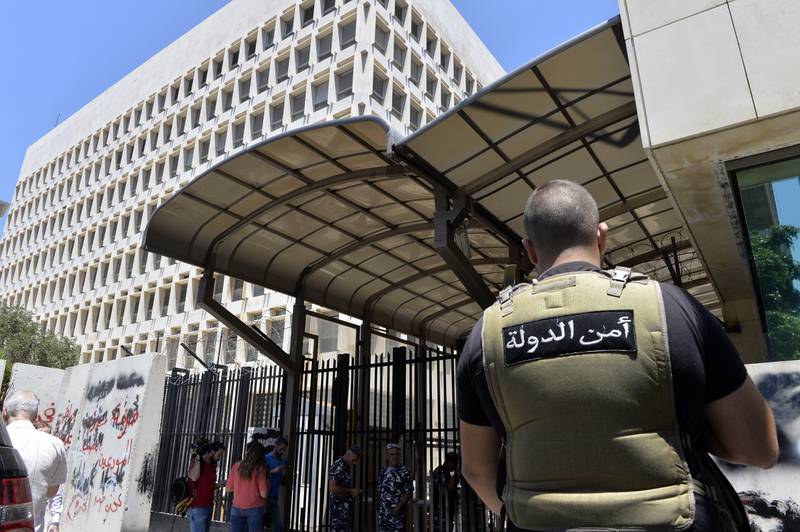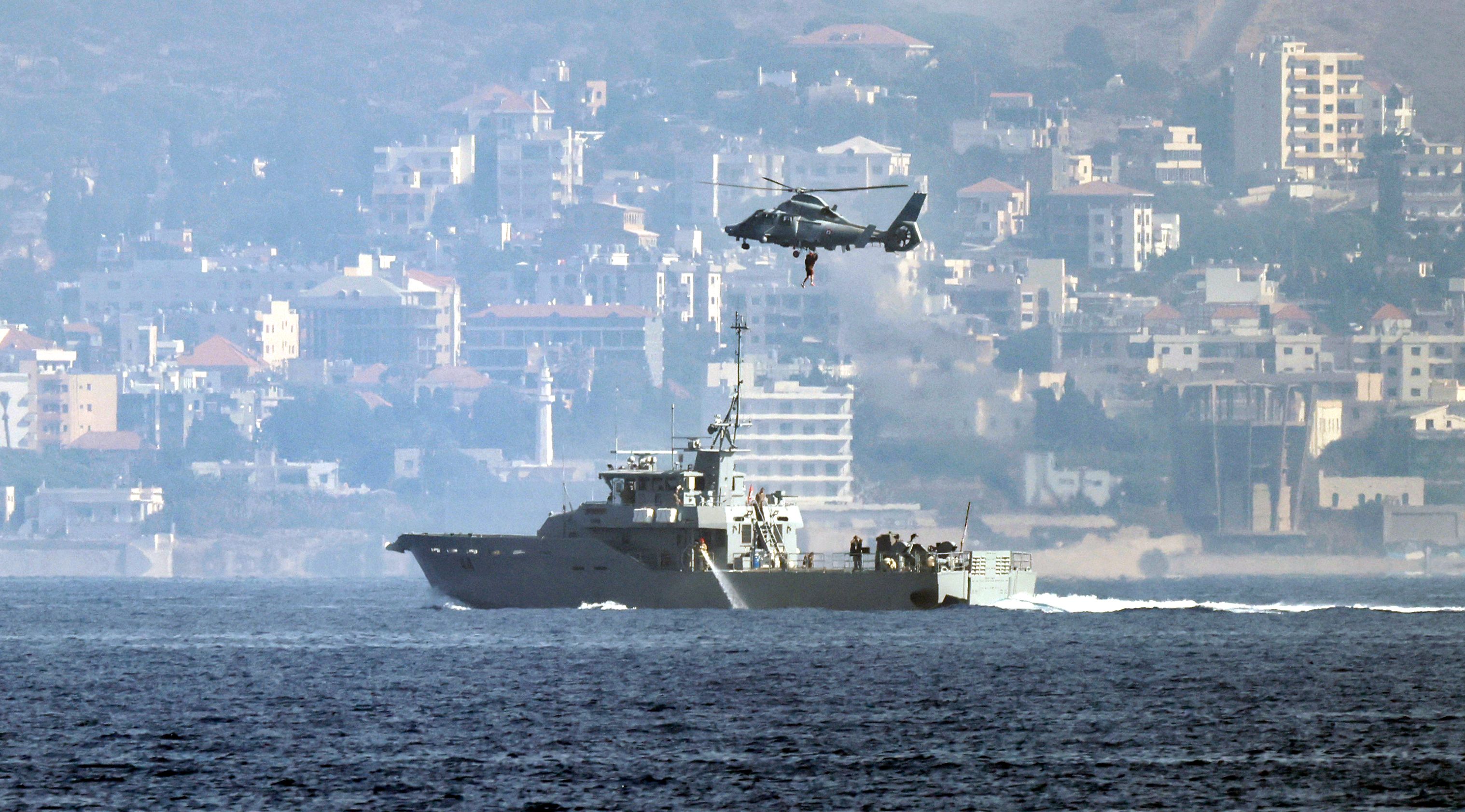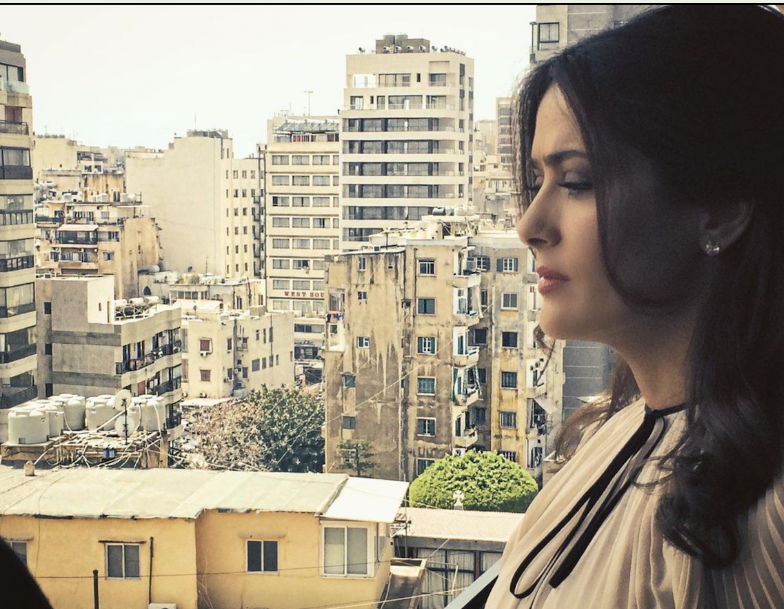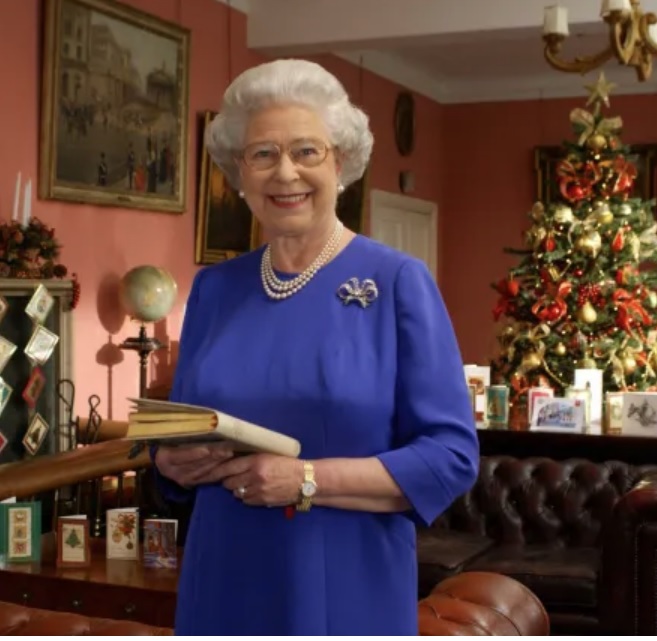
by catholicnewsagency.com — By Katie Yoder — Catholic leaders worldwide mourned the death of Queen Elizabeth II — the longest-reigning monarch in British history and the head of the Church of England — after she passed away at the age of 96 on Thursday. They called for prayers while remembering the late queen’s Christian example. “At this time, we pray for the repose of the soul of Her Majesty,” Cardinal Vincent Nichols, the archbishop of Westminster and president of the Catholic Bishops’ Conference of England and Wales, said in a statement. “We do so with confidence, because the Christian faith marked every day of her life and activity.” Nichols went on to cite her Christmas message from 2000. “To many of us, our beliefs are of fundamental importance,” he quoted her as saying. “For me the teachings of Christ and my own personal accountability before God provide a framework in which I try to lead my life. I, like so many of you, have drawn great comfort in difficult times from Christ’s words and example.”
Nichols expressed gratitude and admiration for the queen’s service and called her faith an inspiration. “The wisdom, stability, and service which she consistently embodied, often in circumstances of extreme difficulty, are a shining legacy and testament to her faith,” he said. He asked for prayers for the queen and her son, the new king — King Charles III.
